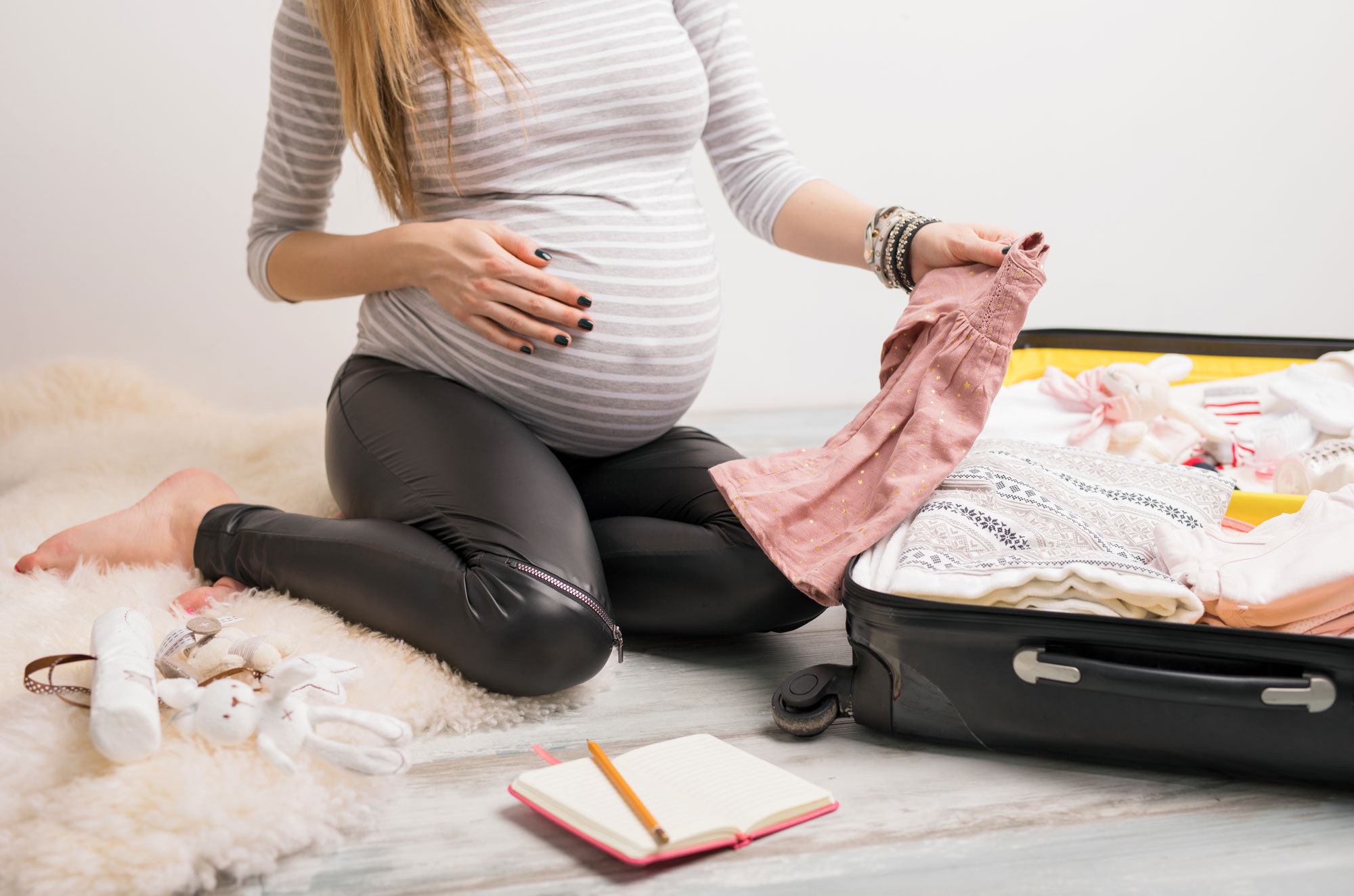
The early stage of labour is called the latent phase, this is the preparation phase and it is important to let it unfold at its own pace, trust your body, it knows how to do this.
This may be the longest part of your labour and can last on average 12-24 hours. It may stop and start over several days. It is important to take good care of yourself during this time and preserve your resources.
During the latent phase, your cervix softens, shortens and thins out (effacement) and begins to open.
During the latent phase, it is common to have irregular contractions that become more regular overtime, you may experience a ‘show’, a clear or blood stained sticky discharge. You may have some diarrhoea and backache and feel increased pelvic pressure /heaviness as your baby moves further into your pelvis – this is all good news!
Your waters may break – if this happens and is clear or pink tinged there is no rush to get to the hospital but do let your LMC know soon. But If your waters are green or red this is an emergency and you should tell you LMC know ASAP and get prepared go to the hospital.
During this time of early labour, it’s important to maintain your physical and mental wellbeing by:
- Lots of rest – you have a big job ahead of you. If your labour starts in the middle of the night try and go back to sleep (if you can) you might be only able to doze but this is good too.
- Keep well hydrated and have the odd coconut water
- Have lots of nutritional carb snacks to maintain energy, soups and dried fruit
- Take gentle walks in the sun, maybe with your dog or have a snooze with your cat
- Use massage for pain relief if you would like, use that spot I showed you, you can take 2 panadol
- Warm showers or baths (Please note – absolutely no baths if you think your waters may have broken)
- Wheat bags, maybe one at the front and one on your back
- Relaxation / breathing techniques
- Hypnotherapy, mindfulness, meditation and acupressure if you have prepared for these
Being at home is the best place for you as most women find being in a familiar comfortable environment helps them feel more relaxed. When a woman feels safe and relaxed levels of oxytocin (the love / labour hormone) that stimulates contractions are higher and labour progresses more easily. Stress causes adrenaline release which can slow labour. Creating an environment which supports the release of oxytocin and endorphins (your own natural pain relievers) is essential during labour. However if you find that you are not coping at home please call your LMC or the hospital for advice.
Create a calm physical and mental space by:
- Keeping the lights low and the space undisturbed
- Relaxing aromatherapy oils (those safe for labour)
- Music
- Create a nest, burn candles
- Have support people around you that you feel comfortable with lots of physical touch and cuddling ESPECIALLY your pets (good release of oxytocin!!)
- Dozing off between contractions is a fantastic “power-nap” strategy
- Communicate your needs – sometimes you may want distraction and sometimes you may want to be quiet
The position of your baby is important during labour, remaining upright and mobile as much as possible during early labour is key to supporting normal birth. Some tips for helping your baby into the best position are:
- Forward leaning with legs apart and rocking your pelvis from side to side. This can be down either on your hands and knees or leaning against a wall, furniture or your birth partner
- Gentle belly dancing moves
- Gentle bouncing or rocking on a swiss ball
- When sitting try to lean forward, either straddling a chair backwards or onto a pillow
- When resting try to lie on your side
Contact your LMC if:
- You are less than 37 weeks pregnant
- Have any concerns about yourself or your baby
- Have fresh red bleeding
- Have constant abdominal pain
- Are concerned about your baby’s movements
- Your waters break and the fluid is green
- You feel unwell
- You think your labour has established
- You would like to be assessed at home by your midwife
When labour establishes contractions are strong, usually last 40-60 seconds and come every 3-5 minutes, however, every woman is different. Talk to your LMC during your pregnancy about how to recognise that your labour has established and when it is time
to come to the hospital.
Just remember when your labour starts to trust your body and surrender to your labour, try not to be scared, be excited, as today is the day you will get to meet your baby and become parents!!
Libby x



